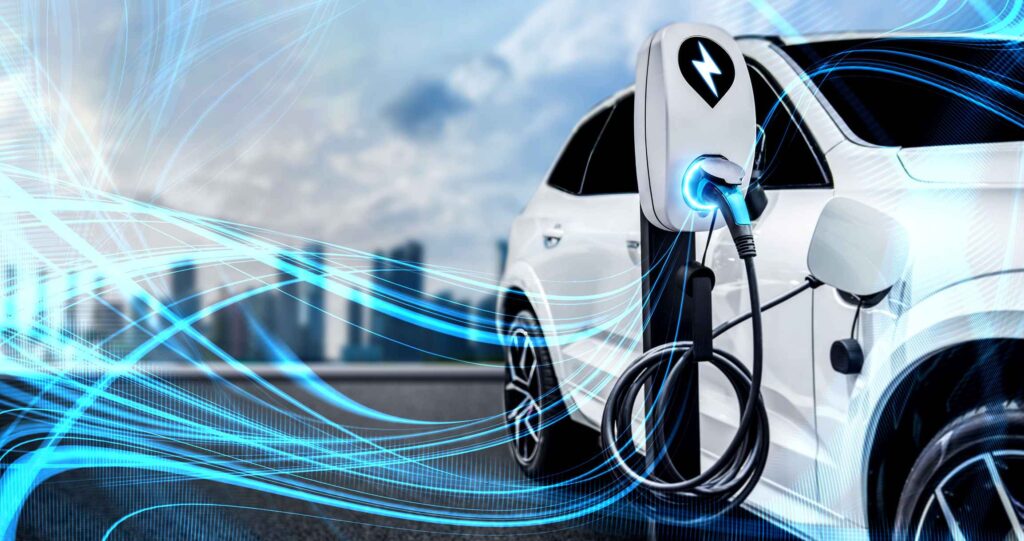Car subscription services are becoming more popular due to changes in money, technology, and how people live, making them a better choice for what people want.
Car subscriptions offer consumers the ability to access a vehicle without the long-term commitment of ownership or traditional leasing.
Users can typically choose the length of their subscription, swap vehicles as needed, and terminate their service on short notice, which is especially appealing in a world where personal and professional circumstances can change quickly.
“The rise of car subscription services championed by Gen Z and millennials is not just a trend but a clarion call for the automotive industry to innovate and evolve. ” – George Skentzos @ Loopit.co
The process is streamlined and digital-first, often allowing customers to book a car online in minutes, with delivery and pick-up included, eliminating the hassle of dealership visits, paperwork, and DMV interactions.
Shift from Ownership to Usership
There is a broader societal trend, particularly among younger generations, moving away from the idea of owning assets toward accessing them as needed (the “usership” model). This shift is influenced by the popularity of other subscription-based services in entertainment and technology.

Subscriptions allow people to try out different types of vehicles, including electric vehicles (EVs), without the risk or commitment of a purchase, supporting experimentation and adaptability.
Cost Transparency and Affordability
Rising interest rates and vehicle prices have made car ownership less attractive, especially as cars are rapidly depreciating assets. Subscriptions are seen as a more affordable and predictable alternative, with a single monthly fee covering insurance, taxes, maintenance, and roadside assistance.

The all-inclusive pricing model provides transparency, helping consumers avoid the hidden or underestimated costs often associated with traditional car ownership like:
- Car insurance
- Maintenance and repairs
- Gas
- Vehicle taxes
These costs can average nearly $7,000 per year in the U.S., are in addition to the car payment itself and can create a much higher total cost of ownership than many drivers anticipate.
Support for Electric Vehicle (EV) Adoption
Car subscriptions lower the barriers to trying EVs, which many consumers are curious about but hesitant to buy outright. Providers often include a wide selection of EVs, making it easier for users to experience electric mobility without long-term risk.
This model supports broader sustainability goals and aligns with the increasing consumer interest in environmentally friendly transportation options.

Digital Transformation and E-Commerce Integration
Car subscriptions represent a significant step in digitizing the auto retail experience, enabling e-commerce in a sector traditionally dominated by physical dealerships. This digital approach appeals to tech-savvy consumers and expands the market to those who prefer online transactions.
Providers gain valuable customer data through digital platforms, enhancing service personalization and customer loyalty
Demographic and Lifestyle Changes
Subscriptions are particularly attractive to younger consumers (under 40), who value flexibility, digital experiences, and are less interested in traditional ownership. However, the appeal is broadening to include a wider age range and even business customers.
The pandemic accelerated these trends, as remote work and reduced commuting changed how people use vehicles, making long-term ownership less necessary.
Car subscription services are thriving because they meet modern consumers’ demands for flexibility, transparency, and convenience, while also supporting broader trends toward sustainability and digital transformation. These factors, combined with economic pressures and changing lifestyles, are driving the rapid growth of the car subscription market worldwide














